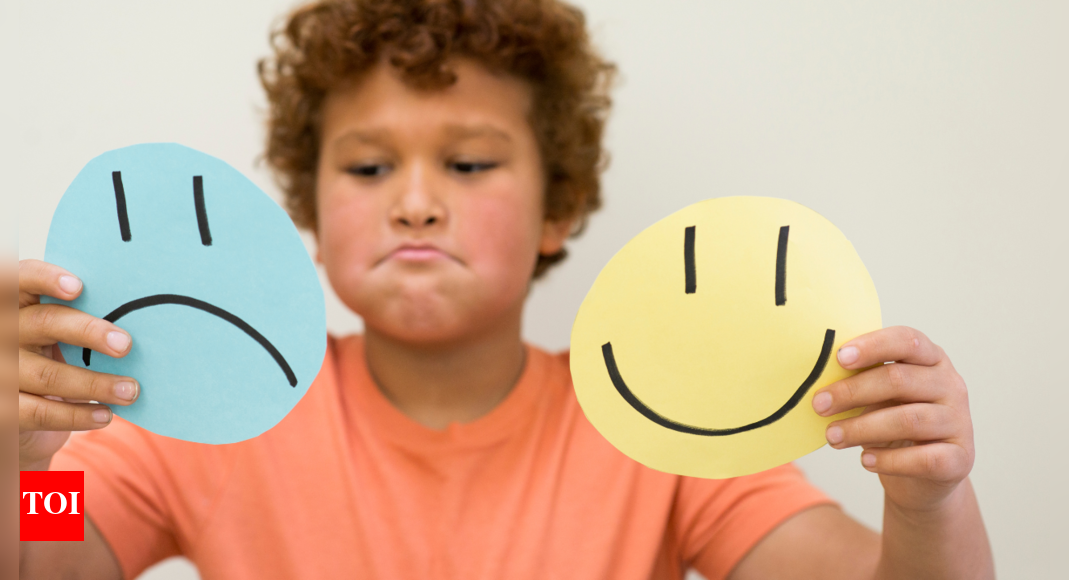## From Tragedy to Triumph: Khloé Kardashian’s Journey of Healing
Khloé Kardashian, known for her fierce wit and unwavering support for her family, has always been open about the joys and struggles of her life. But few events have tested her resilience as deeply as the loss of her father, Robert Kardashian Sr., in 2003.

The Ripple Effect

Khloé’s story serves as a powerful testament to the unexpected places where healing can occur. It underscores the crucial role of empathy and validation in supporting individuals navigating the complex terrain of grief. While her journey began within the confines of a reality television show, Khloé’s experience resonates far beyond the realm of entertainment, offering practical insights and guidance for anyone seeking to understand and support those who are grieving.

Empathy: A Bridge to Understanding
In a world often characterized by fleeting connections and superficial interactions, empathy stands as a beacon of genuine understanding. It involves stepping outside of our own experiences and perspectives to truly connect with the emotions and struggles of others. For those grappling with loss, experiencing empathy from those around them can be profoundly transformative. It conveys a message of acceptance, validation, and unwavering support.
When a loved one passes away, the pain can feel isolating and overwhelming. Those closest to the grieving individual may struggle to comprehend the depth of their sorrow. However, by offering empathy, they can create a safe space for the bereaved to express their emotions without judgment or fear of being misunderstood. Simply acknowledging the pain, validating the feelings, and offering a listening ear can be immensely comforting.
Practical Applications: Cultivating an Empathetic Environment
Supporting Grieving Individuals
- Active Listening: Pay undivided attention to the grieving person, avoiding distractions and interruptions. Let them know you are truly present and engaged in what they are sharing.
- Validation: Acknowledge and validate their feelings, even if you don’t fully understand them. Phrases like “That sounds incredibly difficult” or “It’s okay to feel this way” can be powerful expressions of empathy.
- Avoid Clichés: Steer clear of overused phrases like “They’re in a better place” or “Time heals all wounds.” These platitudes, while well-intentioned, can often feel dismissive and minimize the depth of the grief.
- Offer Practical Support: Ask if there are specific ways you can help, such as running errands, providing meals, or offering childcare. Concrete actions can be more meaningful than general expressions of sympathy.
- Be Patient: Grief is a process, not an event. There is no set timeline for healing, and everyone grieves in their own way. Be patient, understanding, and continue to offer support over time.
- Offering Bereavement Leave: Providing paid time off for employees to grieve and attend to personal matters allows them to focus on their well-being without the added stress of work responsibilities.
- Flexible Work Arrangements: Consider offering flexible work hours or remote work options to accommodate employees who may need additional time or adjustments during their grieving process.
- Open Communication: Encourage open and honest communication about grief within the workplace. This can create a sense of understanding and support among colleagues.
- Employee Assistance Programs (EAPs): Providing access to EAPs offers confidential counseling and support services to employees who are struggling with grief or other personal challenges.
Creating an Empathetic Workplace
The workplace, too, can be a space where empathy plays a vital role in supporting employees who are grieving. Organizations can cultivate an empathetic environment by:
Conclusion
Khloé Kardashian’s journey through grief is a testament to the enduring power of family and the complexities of navigating loss. Her story highlights the profound impact a father’s absence can have, shaping not only individual experiences but also familial dynamics. While she acknowledges the pain and challenges, Khloé’s narrative also emphasizes the importance of finding healing and forgiveness, both for oneself and for those who remain.
Khloé’s openness about her journey serves as a poignant reminder that grief is a deeply personal and often messy process. It’s a journey that unfolds uniquely for each individual, and there is no right or wrong way to navigate it. Her willingness to share her struggles and triumphs can offer solace and validation to others who have experienced similar losses. As we move forward, Khloé’s story encourages us to cultivate empathy and understanding, recognizing that the wounds of grief can run deep and that healing is a lifelong process.

